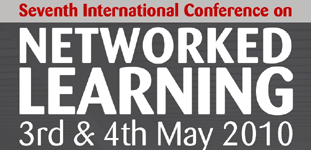

Autoethnographer Communities of Practice
Jeffrey Keefer
New York University, New York, New York, United States & Lancaster University, Lancaster, United Kingdom
Abstract
Autoethnography is an emergent methodology that, notwithstanding its often being contested in traditional academia, is increasingly used as a qualitative strategy. With more researchers engaging in this work, a question can be raised about what supportive communities these researchers may have to encourage them to continue working and learning in this area, given its frequent peripheral status. The purpose of this research is to explore what role communities of practice (CoP) play within the lives of some who conduct autoethnographic research. Etienne Wenger, the pivotal figure in the CoP literature, claims that these communities are an integral part of our lives, and that participation in them has "broad implications for what it takes to understand and support learning" (Wenger, 1998, p. 7). Using Wenger's Community of Practice theoretical framework, three researchers who engage in autoethnographic research were identified and interviewed about the levels of support they received from their external research community. In the spirit of their researching their own perspectives and telling their own stories, narrative inquiry was used to present and analyze their perspectives. Findings from two of the interviewees show that internal motivation, personal involvement in their research, and just in time communities play a role in autoethnographer support, with their communities created as needed. The third interviewee experienced community of practice support and guidance, as per Wenger's learning model. Further research is suggested to explore how autoethnographers navigate through their own communities, and how the opportunities to collaborate and support one another in a networked environment may further develop their learning in this area.
| About NLC | Welcome Messages| Acknowledgwments | Conference Proceedings| Keynote Speakers| Index of Presenting Authors| Contact |